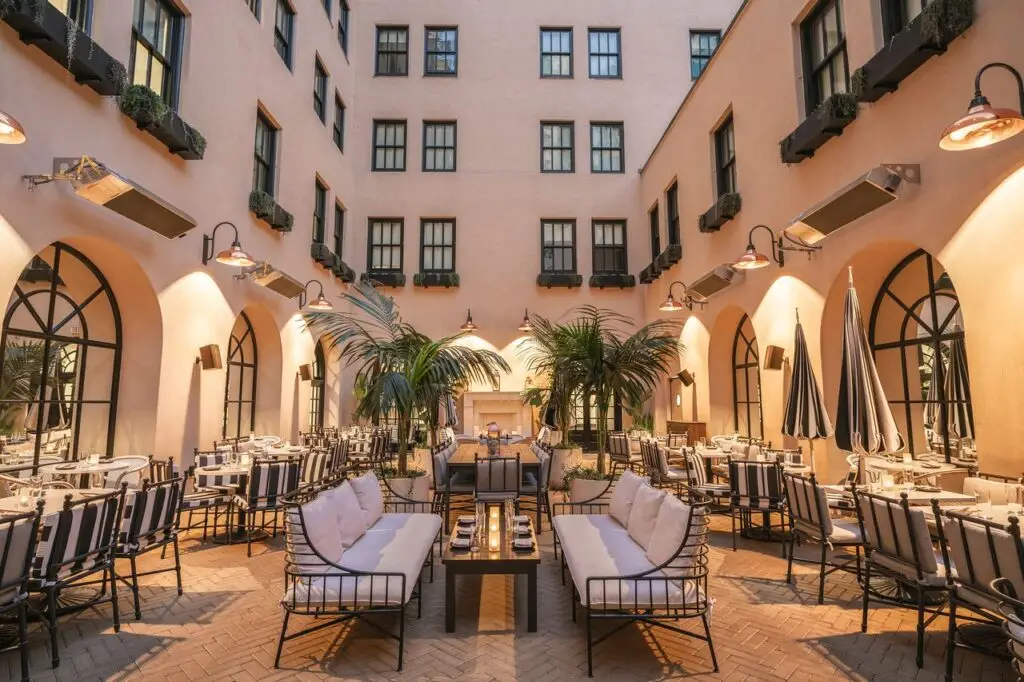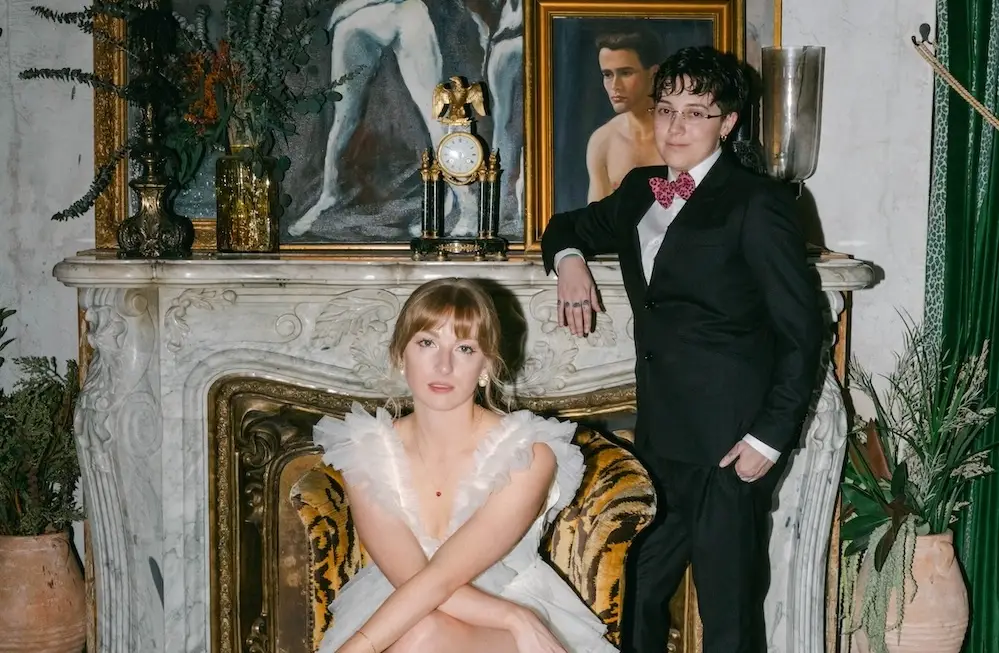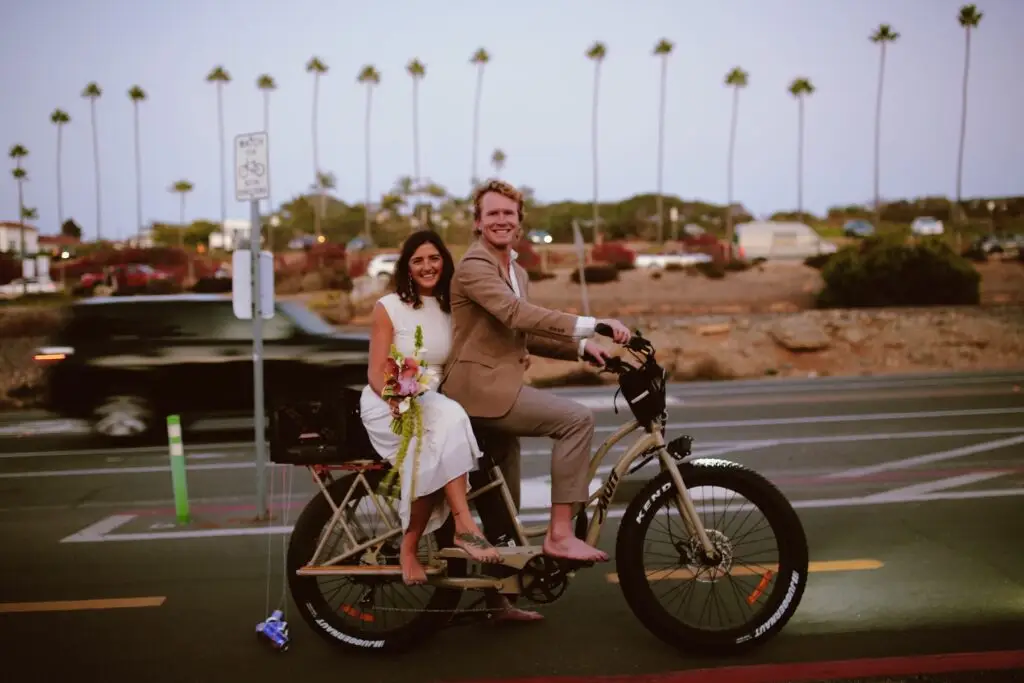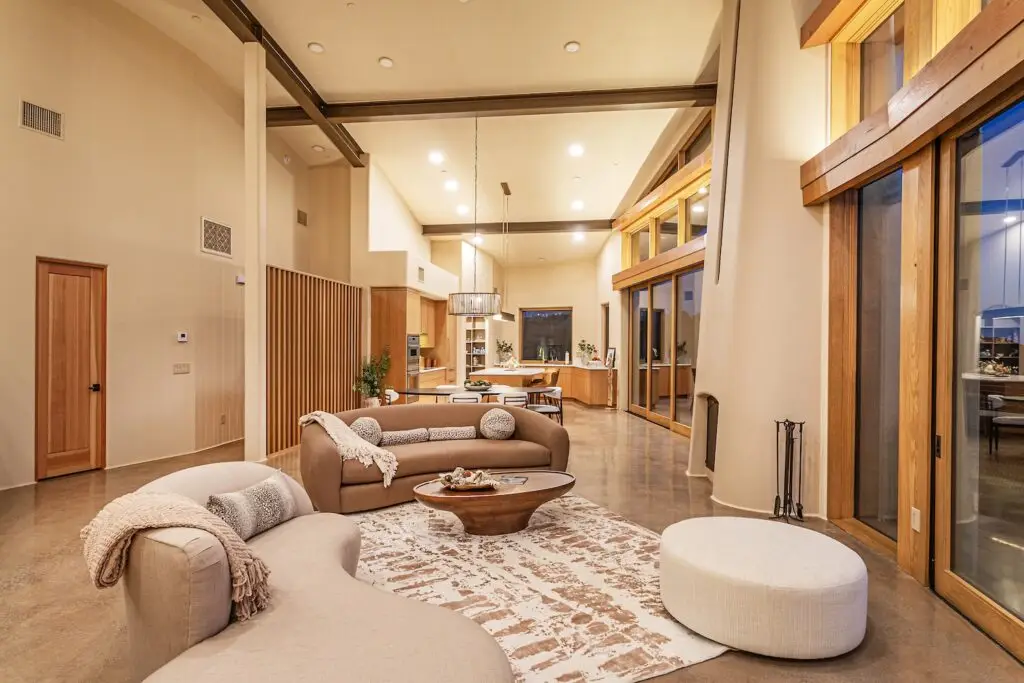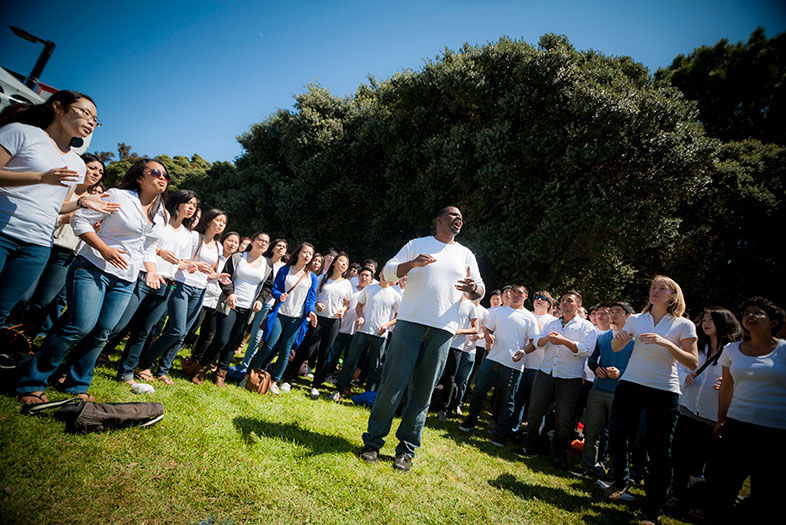You’re one of the most popular professors in the nation, according to a website based on student reviews. How does it feel to be so loved?
I’m kind of blown away by all of this. I’m somewhat used to recognition by now, but I’ve never had anything on this scale.
You have students studying to be pharmacists, chemists, and English teachers clamoring to take your Gospel Choir class. Why?
Students have a number of reasons for taking the class, but the number one response I’ve received is that the class is challenging but fun. It’s a great stress reliever. I had a medical student who took the class one fall quarter, and told me that she wouldn’t be back in the winter because her schedule was just too full. However, she returned in the spring quarter because she’d since found that she needed that one night in the week to help her with the rest of the week. It also draws students who are not at a musical level required to sing in other ensembles.
With so many inexperienced singers in the class, I’ve heard you use humor to move things along.
Definitely. Humor disarms and laughter helps to raise the energy level. I also provide the class with vocal training and a huge dose of patience.
You’ve said that gospel is one of the only genres of music where singers can make mistakes and the audience still enjoys it.
Mistakes are always made in music, in every genre. But some of the things that can happen with a large group of amateurs who’ve had only eight weeks to prepare a full concert just wouldn’t be tolerated in other genres; i.e., false starts, missed entrances, wrong lyrics. The other piece of this is that many of the mistakes are imperceptible to the audience, because the bottom line is they don’t know what we intended. Even other gospel groups wouldn’t necessarily know. Gospel lends itself to countless variations, though the song will still be recognizable and enjoyable.
Your class is more than just a class, right? You give concerts in the community, too.
We’ve performed for churches, schools, civic events, and weddings. The organizers for Rosa Parks’ commemorative events have contacted us when she is in San Diego. Five hundred of the students performed at a football game at Qualcomm Stadium on Military Appreciation Day. Seven hundred students performed at Camp Pendleton for the Marines. Nine hundred of the students performed at Balboa Park for Earth Day.
We’ve sung for President Bill Clinton and Patch Adams, when they were each speakers at UCSD’s graduation. Four hundred sang for Hillary Clinton when she dedicated Roosevelt College at UCSD. We’ve performed in San Diego, Los Angeles, Stockton, Oakland, and on the capitol steps in Sacramento.
What are your more formal concerts like?
All of our concerts are the same. Formal and casual refer to our dress. I always give a brief history of the music, and then we perform. I always give more history and demonstration during elementary, high school, and college performances. I do the same at performances for Black History Month, and Martin Luther King, Jr. observances.
I read that you get requests to sing non-religious music in a gospel style. Is that possible?
Many times we are asked if we have songs that don’t say “Jesus” or “God,” and we actually do, although the inference is still strongly present. I always tell these venues that perhaps they would prefer a different choir, because Jesus is all up in gospel music. But it seems that once they’ve learned that I will also be sharing the history of the music, and that its roots are not in the church, but rather in the fields of the Southern states during slavery, and that most of the Negro Spirituals that survived the movement were actually code songs communicating opportunities and instructions for freedom runs, they all calm down and go with it. Interesting. Just seem to need a handle that’s not necessarily religious.
You’ve been in San Diego a long time—has music always been a part of your life?
I learned my first song from my mother, who taught me the melody to “Jesus Keep Me Near The Cross” when I was four years old. I put the harmony with it, having heard it in church. I grew up in Mountain View. This was the first real indication to the family that something special was happening in me with music. I began playing piano at St. Luke Church of God in Christ at age six. My mother purchased a piano when I was 11 years old, and I studied with the late Joseph Taylor. At Mount Olive Church of God in Christ, I started directing the children’s choir at age 14, and became the head of music when I was 17.
What do you think makes a great professor stand out?
Two things: Love for and competence in the field you’re teaching, and love for and genuine passion for the success of the students you teach. I believe those of us who teach performance classes have an additional motivation. Our classes don’t just end in a final. Our students will also be before a living, listening, critiquing audience. I don’t just want them to succeed, I need them to succeed.
What do you like best about being on campus?
I love working with the students. I love watching them grow from timid and time-challenged to strong and confident performers. I love reading papers that reveal good thinking and sound research. I love grading exams that reveal a student’s honest effort and care and desire to learn. I love watching such competent instructors and directors work with the students. We have an amazing faculty and an incredibly supportive staff. I’m very proud to be associated with UCSD’s music department.
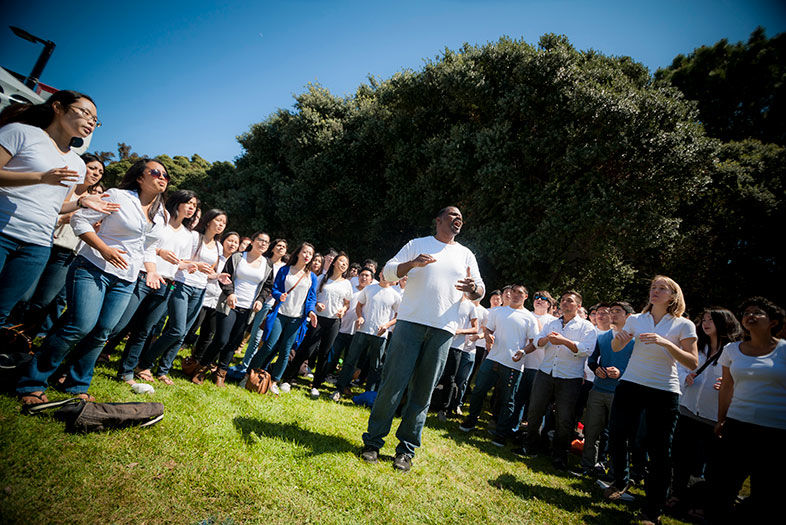
The Man in the Robe
PARTNER CONTENT
Photo by Erik Jepsen


